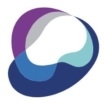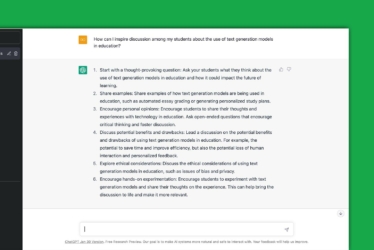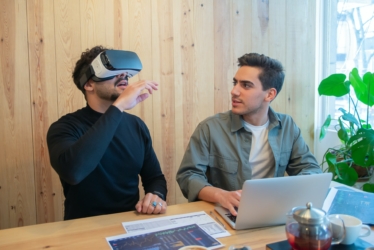Insights
Round Table Breakfast Challenge
What are the dilemmas on the path towards becoming an agile organisation. We hosted a round table discussion to find out.
On 15 June 2018, the Centre for Innovation – Leiden University hosted a round table breakfast session around a theme that may be familiar to many, namely the dilemmas on the path towards becoming an agile organisation. How can we facilitate large organisations or “dinosaurs” to adapt to this continuously changing world, while abiding by existing rules and procedures?
Together with change agents from the public and private sectors, as well as academia, we explored how we can deal with the diverse set of dilemmas that accompany the change to a more agile way of working. During the breakfast session, we shared experiences in order to learn from and with each other. We hope the participants left feeling inspired, with new insights and strategies for engagement.
Conversations starters, hearing from practitioners about agility in their sectors
Dr. Marcel van Oosterhout (Rotterdam School of Management), Morshed Mannan (Leiden Law School) and Kim van Eijck (Wisselwerkers) shared short presentations about the topic at hand and lead the group into discussions. They grounded the conversation using statements like the below:
- Is agility in business the same thing as agility in government?
- Do we need new organisations in the platform economy that represent the interests of platform workers and other stakeholders? If so, what would such an organisation look like? If not, why not?
- Agility can only be measured on the basis of perceptions and we do not need to define any metrics for that.
- Leaders should create space for agile behaviour.
Outcomes for the day, the insights gained
Themes such as accountability, the role of higher management, vision, common goals, attention, and the difference between government and business regarding agility were brought up repeatedly. Interestingly, participants perceived a similar mind-set both in a governmental context and in business. Yet, there were some key differences, such as businesses needing agility to survive, while the government has a focus on (social) service delivery. A frequently mentioned thought was that becoming agile in a decision-making context requires the support of higher management. Another factor that is important to becoming a more agile organisation, is vision in the team and the organisation as a whole. As vision changes the conversation from a focus on efficiency to a focus on common goals and the ways our choices contribute to achieving those. Additionally, attention is a relevant factor. If you do not have the capacity to do the work you need to do mindfully, it is difficult to see when existing protocols do not suffice for a given situation and different solutions are required. Participants mentioned that they would need some ‘slack’ in their day, free time, in order to see when you need to change course.
Vision in the team and the organisation as a whole is important towards becoming agile. As vision changes the conversation from a focus on efficiency to a focus on common goals and the ways our choices contribute to achieving them.
Putting insights into practice
This session was one of the results of the collaboration between Leiden University’s Centre for Innovation, PricewaterhouseCoopers (PwC), Uitvoeringsorganisatie Bedrijfsvoering Rijk (UBR) and CA Technologies. On March 27 we will host the event ‘Innovate while operating: agile by ambidexterity’’ where problem owners, change agents and researchers will join forces to prepare the organisations of today for the future. Check out the Agile for Excellence website to find out more!




